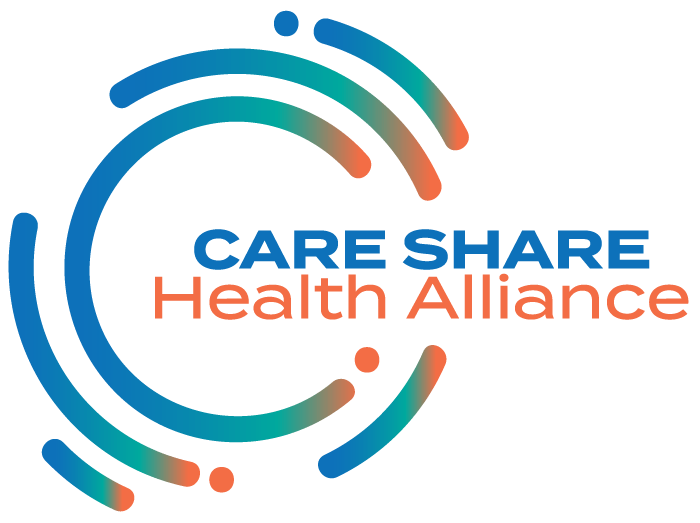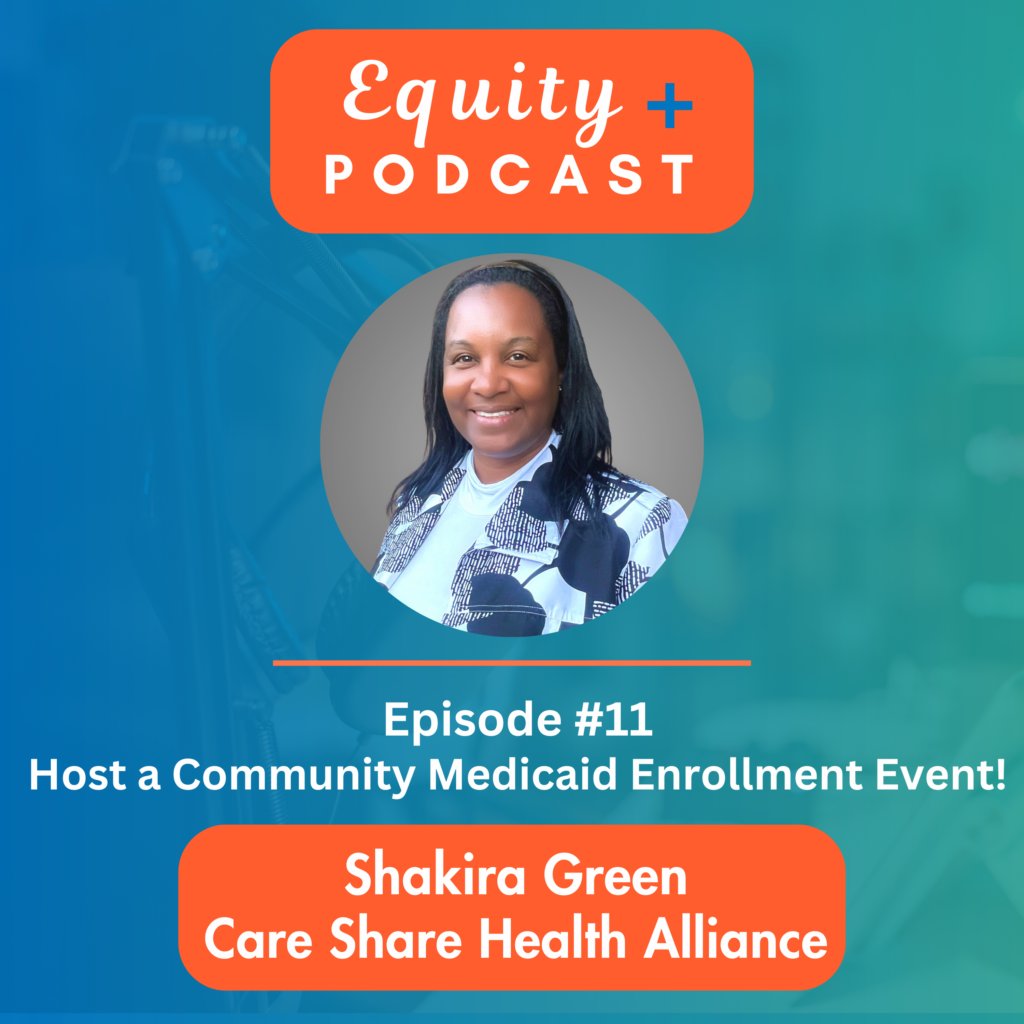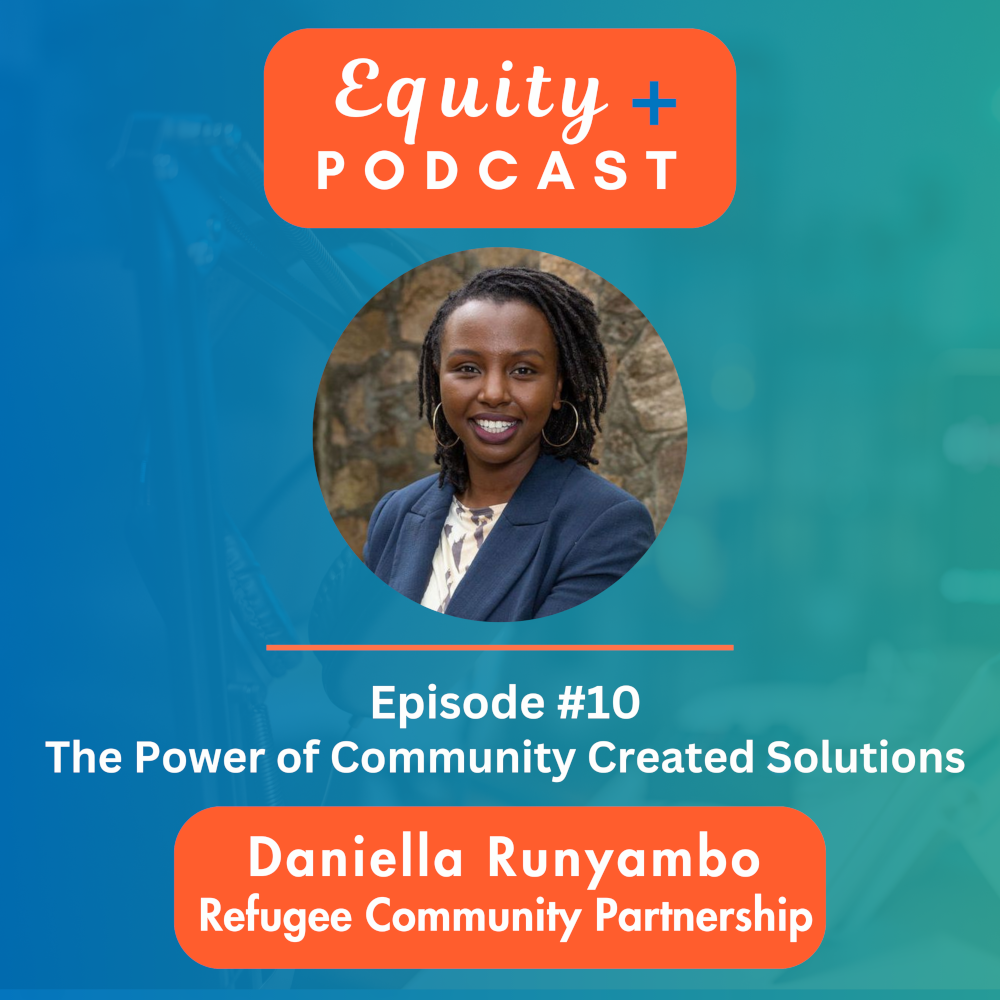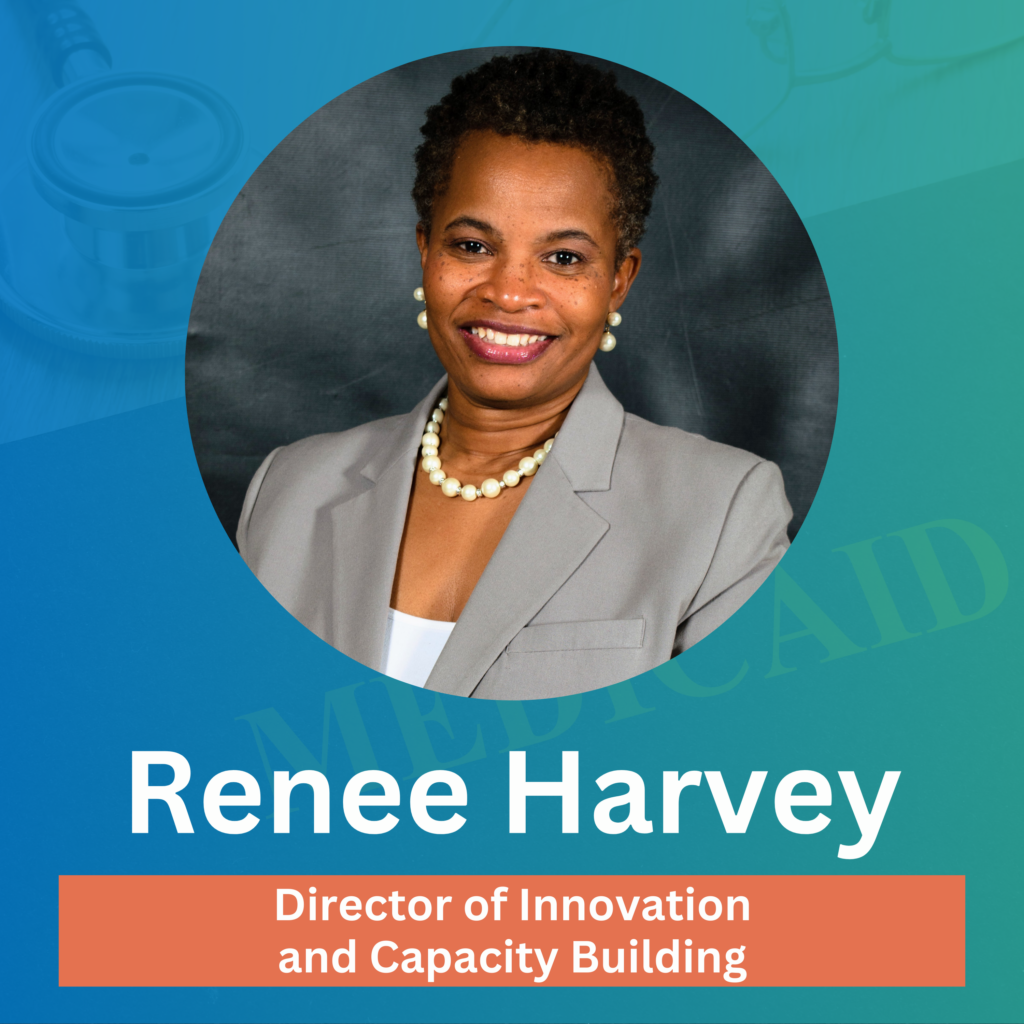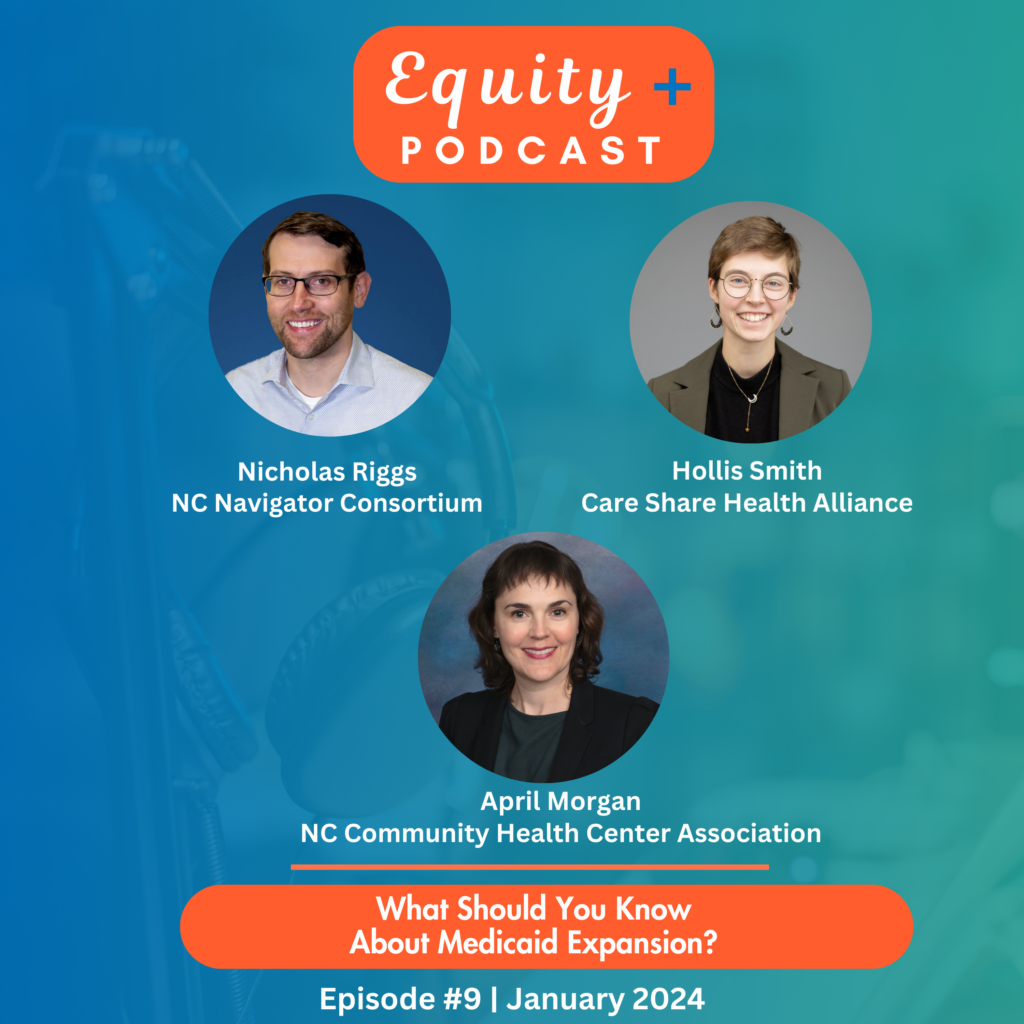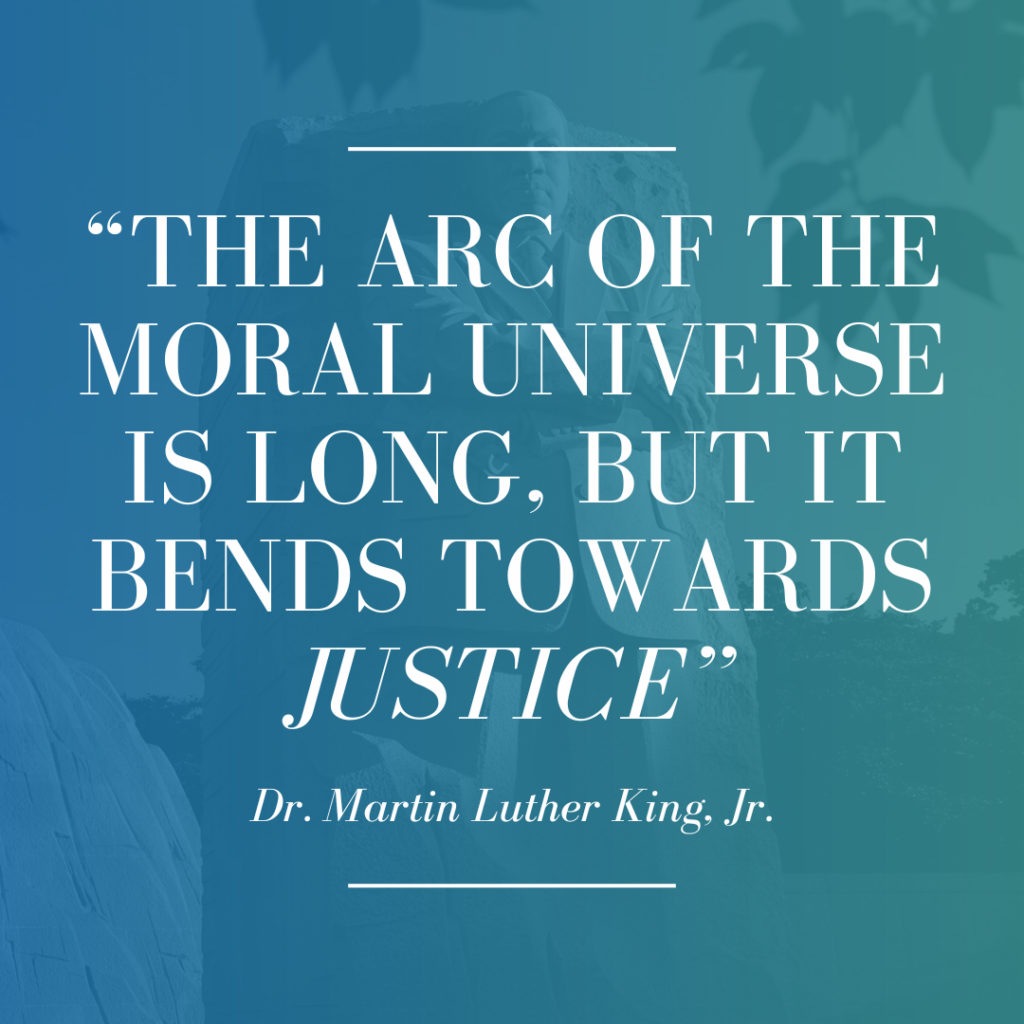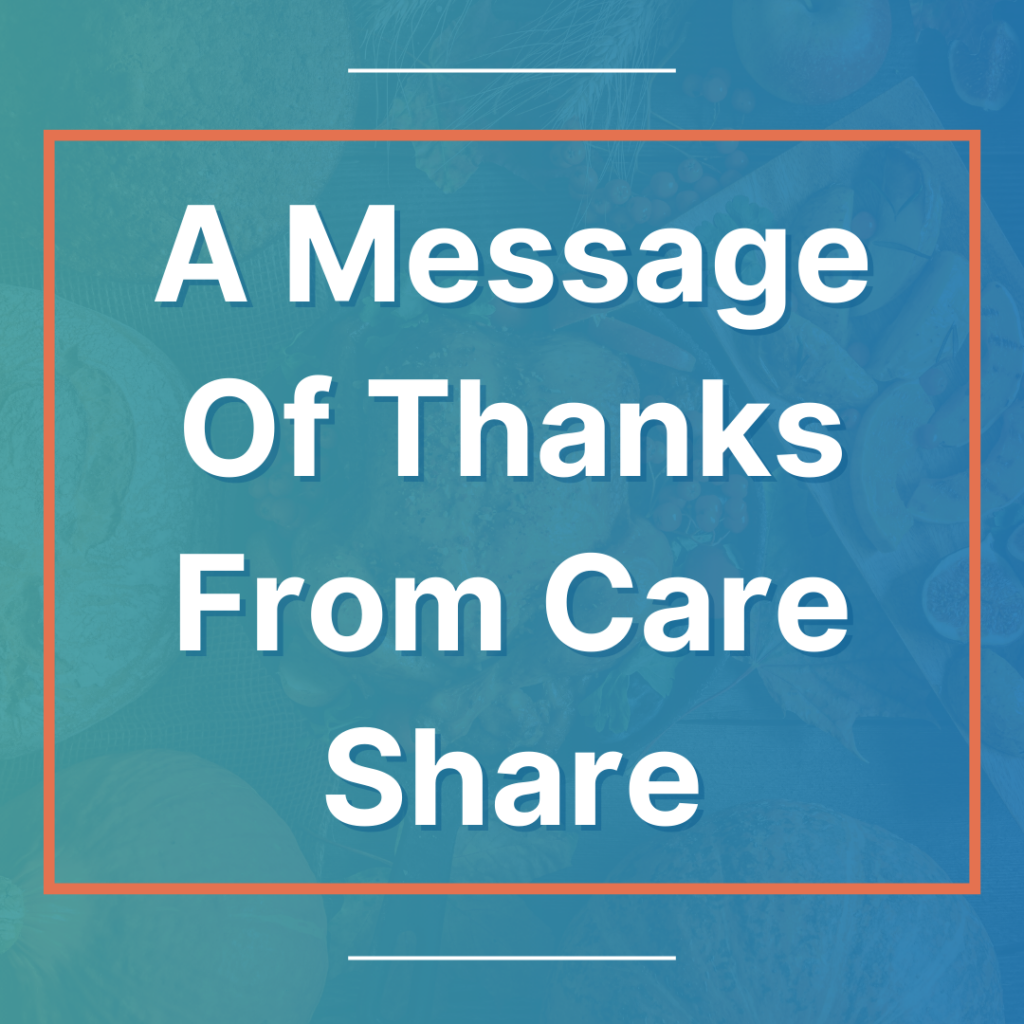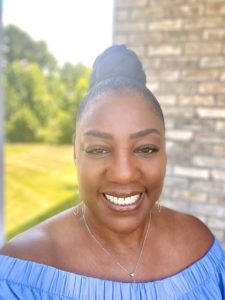
Safe and affordable housing has always had a major impact on the life of Josie Williams, Executive Director of the Greensboro Housing Coalition.
Williams spent her youth in an area many would consider not fit for children. “It was funny,” she says, “I was reading an article that described my old neighborhood, and it brought back memories I had forgotten about. When I reflected on that, the visuals came back,” Williams describes a neighborhood where she could turn a corner and see prostitutes, or people openly selling crack cocaine, “The cops were not around to do anything. It was out of control.” She remembers. Unsurprisingly, her parents didn’t feel safe letting her out to play or even walk around the corner to a friend’s home. “I had a lot of restrictions, especially as a girl.” she says, “I always felt trapped, and I just wanted to feel like I was free.”
Williams saw going to school as a certain kind of freedom. She was always intelligent, and regularly on the A-B honor roll, but also saw it as an escape from feeling trapped at home, “You’re a kid, you don’t get it. I didn’t understand how my environment was. I didn’t know how dangerous it was.” So, with the excuse of going to school, she had an outlet, “I skipped class a lot. I’d have this whole day I can just be out having fun like I can’t have fun in the neighborhood.”
In Williams’ senior year of high school, she gave birth to her daughter. “I know, I’m a young black girl living in a poor neighborhood. I’m a statistic.” She says, “I didn’t like that narrative. I heard it and I saw it. Even with my family I know they were thinking ‘Ugh, get your life together!’ and that fueled me, because I knew I always had a strong sense of self despite my insecurities. You can be insecure, but still know who you are.”
So Williams left school, focused on taking care of her daughter and eventually went on to gain her GED. “They give you a test to check what classes you need to take. I aced the test.” She remembers the man who reviewed her test results incredulously asking her what she was doing there. “I was like, I had to take care of my kid. I remember him saying ‘You should be doing so much more.’”
“I agree,” Williams responded.
After receiving her GED, Williams worked minimum wage jobs to support herself and her daughter, “We see the statistics all the time,” she says, “You’re making these small wages that are not necessarily a livable wage – and it’s not a housing wage. You need to make a certain amount to afford a certain apartment. I never really made that, so I was always living paycheck to paycheck.”
Tragedy struck in 1998 when her father passed away. “He was the nurturer between my parents. He was the nurturing force in my life, and a very supportive force and, a very loving and generous force in my life.” She recalls, “I say force intentionally because he was a force that held me up when I struggled. A lot. When he died, I lost that force.”
Losing the safety net of her father, along with other compounding factors of being working poor, became the catalyst that forced Williams into homelessness. “I could not afford to live.” She says, “I could not pay rent on time. I lost everything with my apartment and my father within a 30-60 day time span.”
During that period, Williams asked her mother to take care of her daughter, but couldn’t bear to tell her the real reason why, “My mother was taking care of my dad, he was dying, and she also had my uncle who had a mental issue, and my brother was living with her. I could not bring myself to put more on my mother.”
Which meant that Williams had no place to stay. For the next year, she lived in her car. All the while, she worked every job she could find, but none ever paid enough that she could afford a place to live. Sometimes she would manage to stay with friends, or could pay for a hotel room, but there were times she had no other option than to sleep in her car. One of those nights, sitting in a parking lot in the middle of a thunderstorm with nowhere else to go, she made a promise. “I was like, ‘God, if you ever get me out of this, I will always try my best to help somebody in this position. I will always try to build somebody up and help them get to self-sufficiency. I will always try to help them find housing.’”
Eventually, Williams landed a full-time job that paid 9 dollars an hour, but at that wage it was still difficult to afford a place to live, so she looked for assistance, “I went to try to get housing at social services and they told me I was 5 dollars over the limit.” She remembers, “They told me to sell my car that I had been living out of. That was my livelihood. That’s how I got around. It’s honestly how I got the job, so I couldn’t sell my car.”
Reflecting on that experience, Williams adds, “It’s not that I condone it, but I understand why someone would work the system. That’s why I don’t speak on that – I don’t speak on it because I understand why you work the system. The system doesn’t help you elevate or build up. It confines you.”
What ultimately brought Williams out of homelessness was the generosity of a stranger. Although she only had 50 cents in her bank account, she went on a tour of an apartment complex. At the end, she told the property owner, “Well, I really like it and I’d like to move in, but I don’t have any money.” Then, she had to tell him her story, “I had never told anybody. At that time nobody knew and so he was the first person I told. I remember I was like, ‘I just need some help. I just need somebody to give me a break.’”
Somehow, he gave her a break. The property owner not only gave her the keys to the apartment but also kept the lights and water on for three months in his name. “In the midst of that, I learned what support is.” Says Williams, “I understood that generosity is oftentimes the only thing that will help elevate someone when they’re coming from such a low place. I understand that no matter how hard you work and hustle, you will come up short every single time unless someone gives you the support that you need to elevate.”
It took Wiliams a decade to fully recover financially from being unhoused for a year, but even while she was struggling, she made her daughter’s education a priority. “I didn’t know honestly how she was going to get to college. I just knew it was never an option for her not to go.” She even offered her daughter an extra incentive, “I was like, ‘If you go to school, I’ll go to school.’”
By the time her daughter was accepted into UNC Charlotte, Williams was finally in a stable place in her life. For the first time, she had affordable housing and a decent paying job. “I was so comfortable, living my best life,” she recalls, “Enjoying freedom from a kid, living pretty much healthier than I had ever in the last almost decade.” But then she describes one evening where she was sitting on the couch, eating Cheetos, when out of the blue, “I heard this feeling saying, “Remember your promise.’ In that moment it was so clear. I got up immediately, went to my computer, and started looking for colleges.”
The promise wasn’t just the one she’d made about attending school with her daughter, but also what she had promised God on that stormy night in the parking lot: to help others out of situations like the one she had been in.
Williams started to look for an academic program that would help her develop skills to do just that. “I wanted to learn how to create change, like what I just experienced. In homelessness is where I learned systems, I learned systems perpetuate homelessness, systems perpetuate the racialized social structure that we live in, and I needed to understand how to fix that.”
Eventually, Williams found what she was looking for at Guilford College, where she graduated in 20016 with a degree in Community and Justice studies.
“If you can imagine criminal justice, community justice and social change wrapped into a degree that’s community justice studies,” Explains Williams, “You can imagine how when I read the description of it, it resonated so profoundly with me.”
After graduating, Wiliams was hired by Greensboro Housing Coalition, where she worked with Collaborative Cottage Grove, a Community Centered Health group of partners working on social determinants of health and focused on alignment of health and housing. “When I started, they had four partners,” she says, “I know in six months they went to 10, maybe 15, and I know those relationships are still going on.”
Despite her success with Cottage Grove, as well as being the recipient of various awards, and giving at least seven national presentations – one of which was at the National Academies of Sciences, Engineering, and Medicine – Williams finds it difficult to see her accomplishments in the same light that others do, “I just feel like I’m helping people.” She admits, “I don’t even comprehend the depth and the breadth of the work that I’ve had my hands on.” Describing her reaction to being asked to speak at the National Academies of Sciences, Engineering, and Medicine, she says, “I didn’t see that as a success. I saw that as they asked me to speak, and I was helping them out.” To be clear, Williams doesn’t say that out of arrogance, but humility. “When they asked, I didn’t even know what the National Academies of Sciences was because of how I grew up. My life experience just contributed to me not being able to do a lot of things.”
Perhaps because of her humility, Williams had a difficult time entertaining the idea of applying for her current position. “The only reason I did,” she says, “Is because I started feeling like a hypocrite.” She describes feeling a force rising deep up inside her, that made her realize she wasn’t applying because she didn’t feel like she could do the work. “That started bothering me.” She says, “Honestly, I feel like it was a divine presence, or I just had this epiphany: if you don’t apply for it, you’re a hypocrite. You’re out here sharing and helping to lift voices, helping people understand that they have the power to create change, so if you don’t believe that you have the power to create change, what says that about you?”
Williams began her role as Executive Director of Greensboro Housing Coalition in April 2020 and was immediately faced with the challenge of keeping her organization’s doors open during the height of the Coronavirus pandemic while also having to pivot to a model where services could be provided safely during a global pandemic. “I refused to lay off my staff,” says Williams. Rather, she leveraged the relationships she had developed with funders while working with Collaborative Cottage Grove, “I had that connection where we were able to have the communication and to identify what we needed that not only helped maintain but sustain us. That’s how we got the money to update our technology to keep providing the services. So right now, here we are a 30-some-year-old organization that never did virtual, and we are forever changed because we have the tech and capability to work hybrid.” Williams also notes that the ability to provide services virtually makes them more accessible to her clients, “It broadens our scope and reach where you don’t have to come inside the building to get something done. We can just take care of you remotely.”
Williams brings a unique ability to relate with the people she serves at the housing coalition, which she attributes to the hardship and lack of security she experienced while growing up and experiencing homelessness, “You feel like you don’t have the support,” she explains, “You feel like no one’s going to do the changes that they claimed. You just feel inadequate and so when you feel like that, you’re not always quick to move in a direction that could be very positive because you just feel so inadequate.”
“I get very defensive when you come at people wrong; when you don’t know their story and you assume that they’re just lazy,” she adds, “Or you assume that they don’t want something good in their neighborhood like you definitely want in yours. My advocacy wheels get very high.”
She brings that same energy of support and relatability to her staff, “I like consensus. I like group work and teamwork.” She says about her leadership style, “I thrive in that, and I like a democratic process. I lead and treat people in the way that I want to be treated.”
While deeply committed to her work, Williams admits that the role of Executive Director has sometimes been difficult for her. She is explicit when she talks about the challenges she’s faced as a black woman leading a non-profit, “I wholeheartedly believe if I was a white male, I would have a different type of support financially.” she says – and she isn’t wrong. Studies show that black led nonprofits receive considerably less funding overall than white led non-profits, and non-profits led by black women receive less than those led by white women or black men.
There were times when Williams doubted if she’d made the right choice to apply. “I know the non-profit world is hard. It is a man’s world; you have to fight harder when you are a woman. Then you couple on my black skin, and the stuff that you read about became alive and in color.” She says, “I don’t think I was fully prepared for that. It was very unfair and it’s sad when people are walking in racial bias and don’t even know it.”
Her advice to other people of color in leadership roles is to “Remain true to who you are.” She says she fought the urge to act in certain ways when it wasn’t true to her personality. “I think people lose sight of who they are sometimes because they feel like they have to show up a particular way to be heard. I’m here to say I don’t believe you have to do that all the time. I don’t believe you have to do that as much as we think we have to, because your work and your value system will show up and speak for itself. Being yourself and operating in your value system, that’s the best path that you can be on.”
Williams also has a new project on the horizon. Her work with Collaborative Cottage Grove will be featured in a short documentary coming out later this year that highlights three communities across the US working together for change. After the production crew worked with Williams, they realized they needed her help with their project. “They asked me to come along to help them understand what they need to highlight, because they have recognized that their experience is unlike the experiences of the folks in these communities, and they want to make sure that they really have the essence of our work.”
Given everything she’s experienced and accomplished, it isn’t a surprise that Williams is sometimes amazed by the path her life has taken. “I went from living in a neighborhood where I could have been killed or raped, on drugs, got involved with crime or anything, to finally getting into school after being homeless, and now I’m running an agency where the priority is helping people get housed.” She says, “The evolution of that – God is bringing my dreams to fruition. I am very grateful and humbled by it.”
References:
The Chronicles of Philanthropy, “Nonprofits Led by People of Color Win Less Grant Money With More Strings (Study)”
Emergent Pathways, LLC prepared for ABFE: A Philanthropic Partnership for Black Communities, “The Case for Funding Black-Led Social Change. Redlining by Another Name: What the Data Says to Move from Rhetoric to Action“
